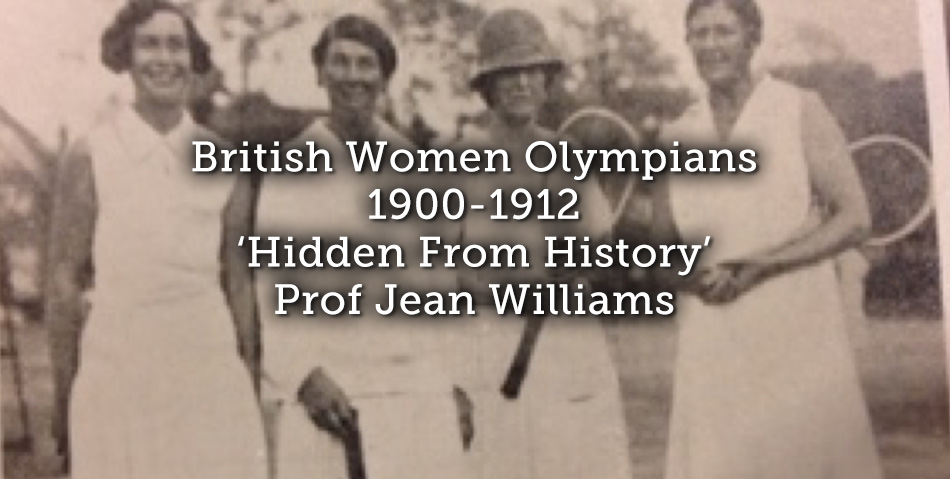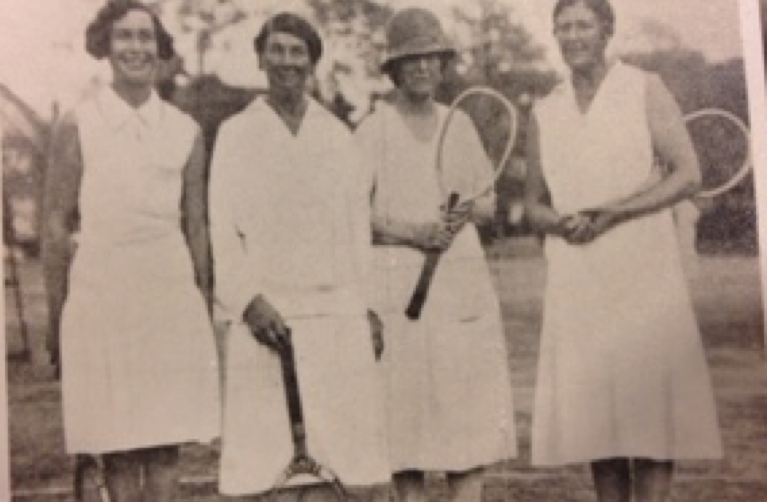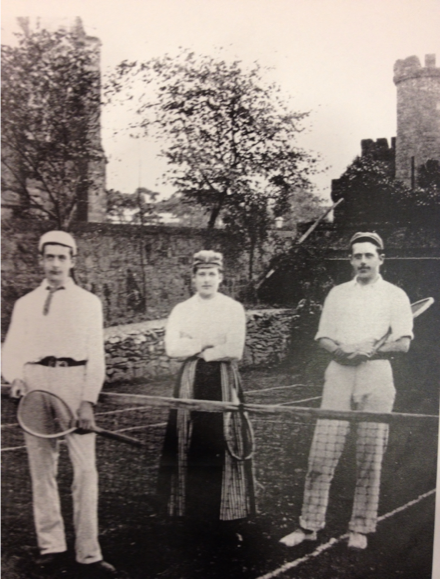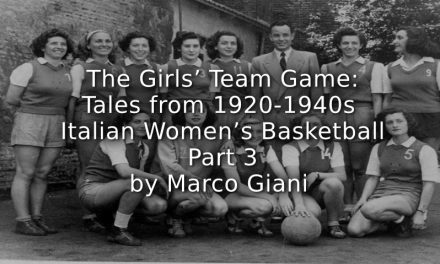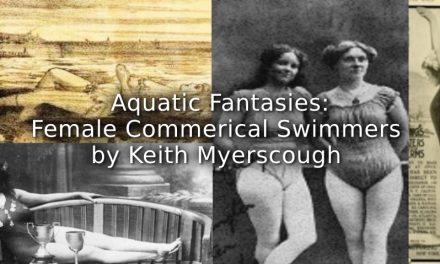The British fascination with the ancient Pan-Hellenic Olympic Games dates back at least to 1612, when the Pro Royalist Robert Dover held his eponymous Olympick Games near Chipping Camden in the Cotswolds until the outbreak of the Civil War in 1642 brought them to an end. Dover borrowed terminology and imagery from the festival games dedicated to Zeus that took place at Olympia in Elis between c.776 BC and 393 AD. Though Dover’s Games were revived after the Restoration in 1660 and ran until 1850 they became increasingly rowdy and dangerous and were discontinued after the common land on which they took place was enclosed.
This coincided with an era when sport was modernized to an unprecedented degree, in terms of being codified, standardized and more heavily regulated. A key to the ethos of many sporting organisations from the 1860s onwards was amateurism. Although interpretations of the amateur professional divide varied across sporting codes, the idea was that an amateur competed for love rather than material gain. However, this was also a strongly class based philosophy which was meant to preserve the egos of the middle classes from being beaten by those whose work made them more proficient at certain games and passtimes.
This amateur ethos would nevertheless become enshrined within Olympic history because the anglophile founder of the International Olympic Committee (hereafter the IOC) in 1894, Baron Pierre De Coubertin, was heavily influenced by British and American amateur values. Amateurism was the core spiritual value of the movement and that it became upheld with almost a religious zeal. De Coubertin founded the IOC in 1894 at the Sorbonne in Paris and the IOC’s first Olympic Games were staged in Athens in 1896. The IOC that de Coubertin aspired to was, an all male project. The IOC Executive did not have any female members until the 1980s. But De Coubertin was unsuccessful in preserving an all male Olympic sporting festival mainly because his control of his organization was not particularly strong and his influence declined during his lifetime. Although there have been important female members of the secretariat who have wielded considerable power before the 1980s, the construction of the Olympic Games as a male project has tended to make female competitors ‘hidden from history. Indeed when I began this research in 2005 just after London had won the right to host the Olympic Games for the third time in 2012, neither the IOC or the British Olympic Association could tell me how many women had competed in each edition of the Summer and Winter Games. So who were Britain’s pioneering first competitors?
Charlotte Cooper, born in 1870, became the first British female Olympic prizewinner on 11 July, after taking the women’s singles tennis title from the leading female French player, Hélèn Prevost. A letter published in Lawn Tennis reported that the Ladies’ singles winner had won 350 Francs, the runner up having taken home 150 Francs and the mixed doubles winners had each taken 300 Francs. The men’s singles winner to took home 1500 Francs. An entry of six female tennis players competed. Cooper also won the mixed doubles title with Reginald Doherty, making her an Olympic victor twice over. Strictly speaking she was not a gold medallist as medals were not awarded, although prizes and certificates were handed out.
- Charlotte Cooper (2nd left) & Lottie Dod (far right)
Importantly, Charlotte Cooper was already a star and her Wimbledon career was more significant than her Olympic victories. In all, Cooper would go on to hold five singles successes at Wimbledon during her career (1895, 1896, 1898, 1901 and 1908) and she still maintains her place as one of the all-time greats at the All England Club. Cooper played her club tennis at Ealing Lawn Tennis Club and is said to have to ridden to Wimbledon with her racket clipped to a bracket on the front fork of her bicycle. There is a rather wonderful photograph taken in 1929 at the Roehampton Club of Charlotte Sterry, ‘A Five Times Wimbledon Champion’ on the second left and Lottie Dod ‘A Five Times Wimbledon Champion’ on the right. By this time Sterry would have been almost sixty years old but she evidently still played tennis. She lived to a good age and being physically fit obviously helped, dying when ninety-six years old in 1966.
At the 1908 London Games, archers William and Lottie Dod became the first brother and sister medalists he with Gold in the York round, she with silver in the National round. Joining Welford Park Archers recently after moving to Newbury in 1906, Lottie had beaten ninety-nine competitors to take the Royal Toxophilite Society Ladies’ Day Gold Medal to earn her Olympic selection. Like Chattie Sterry, Lottie Dod was not just an Olympian. Dod was born in 1871 at Lower Bebington Cheshire and came to prominence in 1883 together with her sister Annie, who was eight years older, when they entered the 1883 Northern Lawn Tennis Championships in Manchester. At just fifteen, Lottie Dod went on to take the Wimbledon women’s singles title in 1887. She won again in 1888, missed 1889 and 1890, and won consecutively three times between 1891-1893. Four of her five title wins were against Blanche Bingley (married name Hillyard), who herself later went on to win six Wimbledon singles titles.
- Lottie Dod with brothers Tony and William
In contrast then, Jennie Fletcher was a completely different kind of amateur. Working class swimmers therefore became more evident in British female Olympic amateur tradition than tennis players, in part, because of their larger numbers. Irene Steer of Cardiff Ladies Premier Swimming Club; Isabelle ‘Belle’ Moore of Glasgow; Annie Speirs of Derby and Jennie Fletcher of Leicester made up the gold-winning team in the 4 x 100m freestyle relay event. Steer therefore became Wales’ first female Olympic title holder and Moore remains Scotland’s only female gold Olympic swimming medallist. As well as swimming the final leg of the relay, Fletcher also took third place to become Britain’s first individual female swimming medalist in the 100m freestyle, behind two Australians, Sarah ‘Fanny’ Durack and Mina Wylie. Jennie fought hard against Grete Rosenborg of Germany for the bronze medal, while Annie Speirs came in fifth.
Article © Jean Williams

